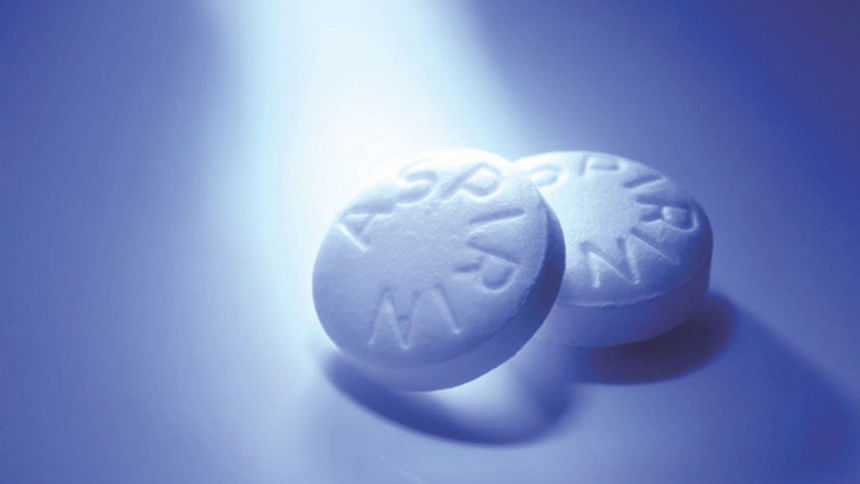Twice-daily aspirin could lead to more cardiovascular benefits

Taking aspirin twice daily, rather than the current recommendation of once daily, could enhance cardiovascular protection in people with type 2 diabetes (T2D), suggests a study.
Cardiovascular disease (CVD) is the leading cause of illness and death in people with T2D. Aspirin is the gold standard antiplatelet (anticlotting) therapy and guidelines usually recommend a once-daily dose for the prevention of CVD. Aspirin works by reducing platelet aggregation — making blood platelets (cells which foster clotting) less likely to form clots — that can lead to a stroke or heart attack.
However, aspirin has a very short half-life, and studies suggest that a once-daily aspirin regimen does not fully inhibit platelet function when platelet turnover is increased, as seen in people with T2D. For this reason, aspirin is known to be less effective in people with T2D and a history of CVD, but whether the same is true in people with T2D without a history of CVD has not been explored.
The authors conclude: "Given that platelets in people with diabetes are characterised by increased aggregation and increased turnover rates, our study indicates that patients with type 2 diabetes may achieve additional benefit from twice daily rather than once daily dosing of aspirin. Large-scale clinical outcome trials are needed to confirm the safety and efficacy of this approach."

 For all latest news, follow The Daily Star's Google News channel.
For all latest news, follow The Daily Star's Google News channel. 



Comments